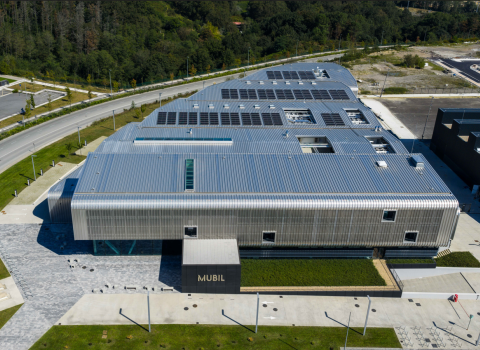
The bacterium Enterococcus faecalis, which lives in the human gut, is just one type of microbe that will be studied as part of NIH's Human Microbiome Project. Image courtesy US Department of Agriculture.
At a meeting held by the European Molecular Biology Laboratory (EMBL) in Heidelberg, Germany, scientists from around the world agreed to generate a shared resource of data relating to the human microbiome – the collective genomes of all micro-organisms living in or on the human body. This resource will be made freely available to the global scientific community.
The international database will include an initial set of microbial genomes produced from the combined data from the National Institutes of Health’s Human Microbiome Project and the European Commission’s Metagenomics of the Human Intestinal Tract (MetaHIT) project.
“This global initiative will allow us to explore as yet unknown territories,” says Peer Bork, who is in charge of data co-ordination and analysis for MetaHIT, and is joint co-ordinator of EMBL’s structural and computational biology unit. “Microbes contribute to human health and diseases and understanding their interaction with our bodies will have wide-ranging impacts on medicine, pharmacology, nutrition science and many other disciplines.”
Current contributors to the International Human Microbiome Consortium include the Commonwealth Scientific and Industrial Research Organization (Australia), the Canadian Institute of Health Research and Genome Canada, the Ministry Of Science and Technology (China), the European Commission and the NIH. Additional countries may join the consortium.
Data generated by the Consortium’s projects will be analysed and made available through EMBL and the NIH Human Microbiome Project Data Analysis and Co-ordination Center. The data will also be distributed to other public databases, including those hosted at EMBL's European Bioinformatics Institute and those supported by the National Center for Biotechnology Information, part of the National Library of Medicine.


 A unique international forum for public research organisations and companies to connect their external engagement with strategic interests around their R&D system.
A unique international forum for public research organisations and companies to connect their external engagement with strategic interests around their R&D system.